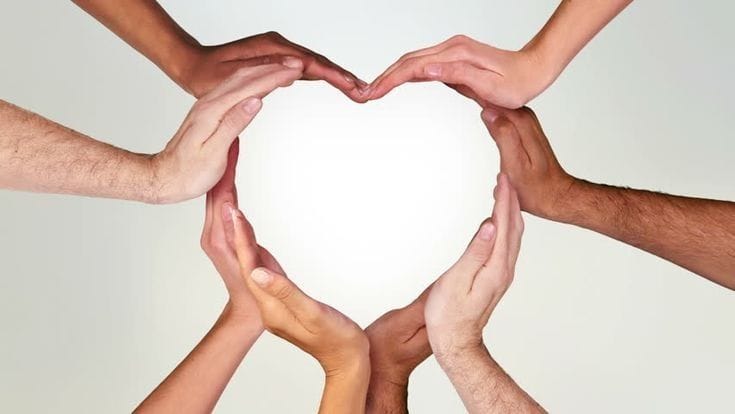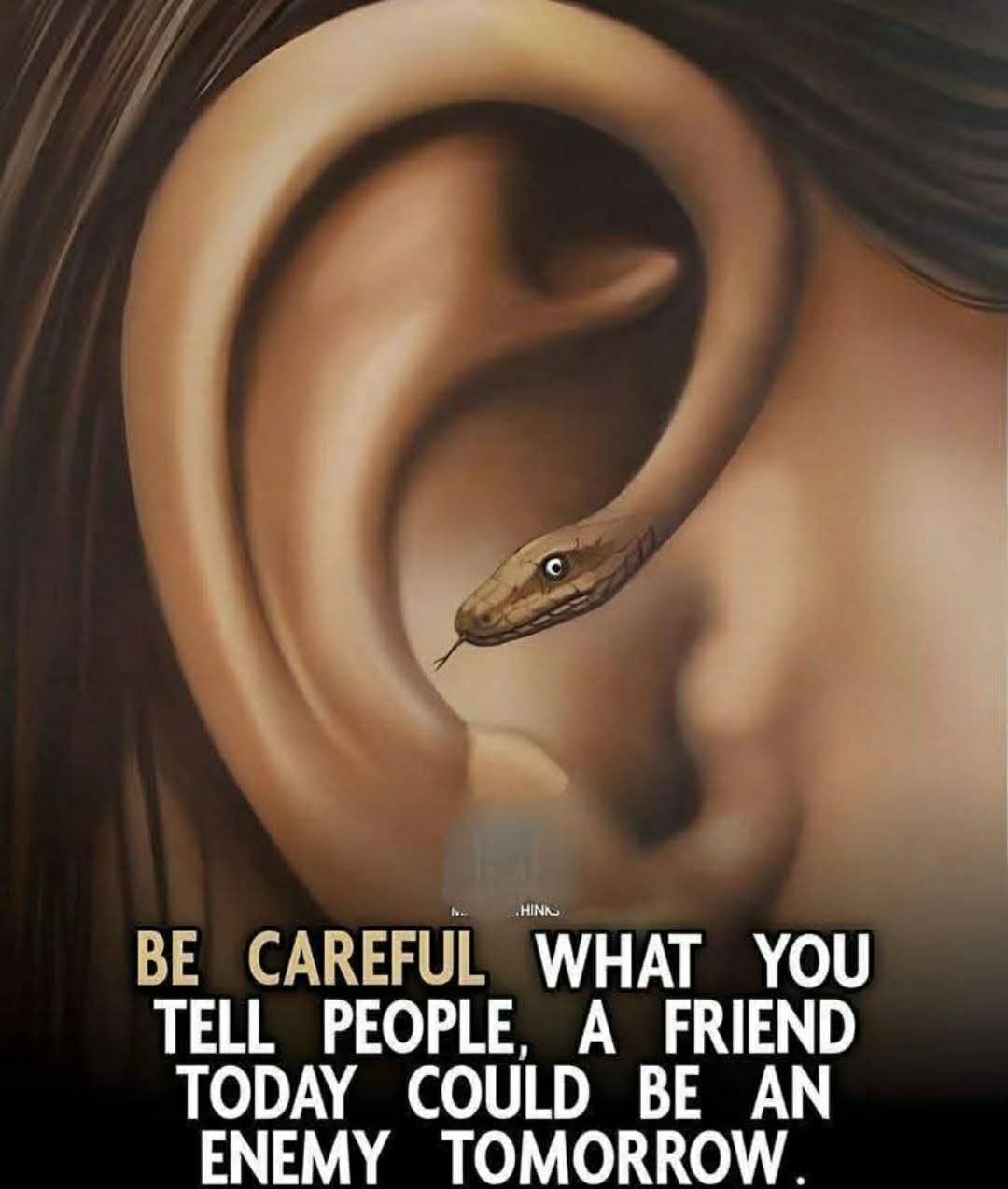
(Why Skin-to-Skin Connection Is More Than Just Physical — It’s a Language of Survival)
Have you ever noticed how a hug at the right moment can feel like medicine? Or how a reassuring touch on the shoulder can settle your racing thoughts faster than any words? It’s not just sentimentality. It’s biology. It’s psychology. It’s trust in its most ancient form. In fact, when we begin to peel back the layers of what makes us human — not just logical or emotional, but connected — we find something surprising: touch is the foundation of trust. And without it, the entire architecture of human bonding starts to crumble.
We live in a world increasingly addicted to digital connection, where emojis and video calls have replaced handshakes and hugs. But behind the screens and the swipes lies a quiet crisis. Many of us are becoming touch-starved — and it’s not just sad, it’s dangerous. According to leading neuroscientists and psychologists, physical touch is essential to our mental well-being, emotional regulation, and our ability to build and maintain deep relationships.
In a world without touch, people don’t just feel lonely. They stop trusting. And when trust disappears, everything from love to society begins to fall apart.
From the moment we’re born, touch tells us we’re safe. A newborn calms when held. A child thrives through cuddles and hand-holding. These aren’t sentimental gestures — they’re hardwired neurochemical exchanges. Skin contact floods our systems with oxytocin, the “bonding hormone,” which reduces stress and fosters emotional safety. It’s the biological cue that tells us: you’re not alone. You’re protected.
But when that touch disappears — whether due to trauma, technology, social norms, or isolation — the results are severe. Studies show that people deprived of regular, healthy touch suffer higher levels of anxiety, depression, aggression, and even physical illness. Their cortisol levels (the stress hormone) spike. Their immune systems weaken. They may struggle with relationships, even when they crave closeness. Why? Because touch isn’t just comfort — it’s calibration. It’s how we attune to one another.
Think of how trust is built in the smallest ways: the firm handshake at a first meeting, the gentle brush of a friend’s hand when you’re hurting, the stillness of someone’s presence beside you in silence. Each moment is a micro-signal that says, “You’re safe with me.” Without those signals, our nervous systems stay alert, hyper-vigilant, suspicious. In other words, without touch, we never truly relax around others.
Even in adult romantic relationships, couples who touch more — whether it’s holding hands, cuddling, or just being physically near — report greater satisfaction, intimacy, and emotional connection. But this isn’t just about romance. Friends who greet with hugs, teammates who high-five, families who embrace — all of them are speaking a language deeper than words. A language that says: I’m here. I see you. I care.
Now consider a culture, a society, a world where this language is slowly dying. Where touch becomes taboo, dangerous, or rare. It’s not hypothetical. It’s already happening. Loneliness is rising. Mental illness is spiking. People feel unseen, disconnected, fragile — even in crowded rooms or busy homes. We’re surrounded by people, but starved of presence.
We need to understand: a world without touch isn’t just colder. It’s more distrustful, more fragmented, more emotionally unstable. And the scariest part? We’re adapting to that world. We’re getting used to replacing touch with texts. We’re building emotional walls that feel safer than hugs. But safety isn’t the same as connection. And walls, no matter how protective, always keep something important out.
The solution isn’t grand gestures or dramatic declarations. It’s the small things: being physically present for the people you love. Offering a hand. Sitting close. Reaching out — literally. Relearning the language of touch in a way that respects boundaries but doesn’t erase humanity.
Because in the end, touch is the first way we learned trust — and it may be the only way to truly rebuild it.
So the next time you feel the world is growing colder, more divided, more anxious, ask yourself: when was the last time someone held your hand? Or when you held someone else’s? That single act may speak louder than any word, louder than any therapy session, louder than any digital message.
Because a world without touch is not just a quieter place. It’s a lonelier one. And if we want to build a world with more love, healing, and trust, we must start where it all began — with the human touch.



